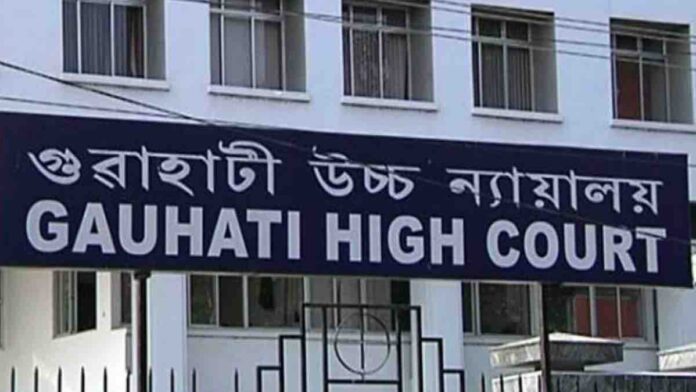In a recent judgment, the Gauhati High Court emphasized the importance of compliance with the Goods and Services Tax (GST) registration laws in public tender processes. The Court ruled that a retailer cannot be presumed to qualify for an exemption from GST registration without presenting valid supporting evidence. The case, Balen Roy Medhi vs. State
To Read More Please Subscribe to VIP Membership for Unlimited Access to All the Articles, Download Available Copies of Judgments/Order, Acess to Central/State Bare Acts, Advertisement Free Content, Access to More than 4000 Legal Drafts( Readymade Editable Formats of Suits, Petitions, Writs, Legal Notices, Divorce Petitions, 138 Notices, Bail Applications etc.) in Hindi and English.




